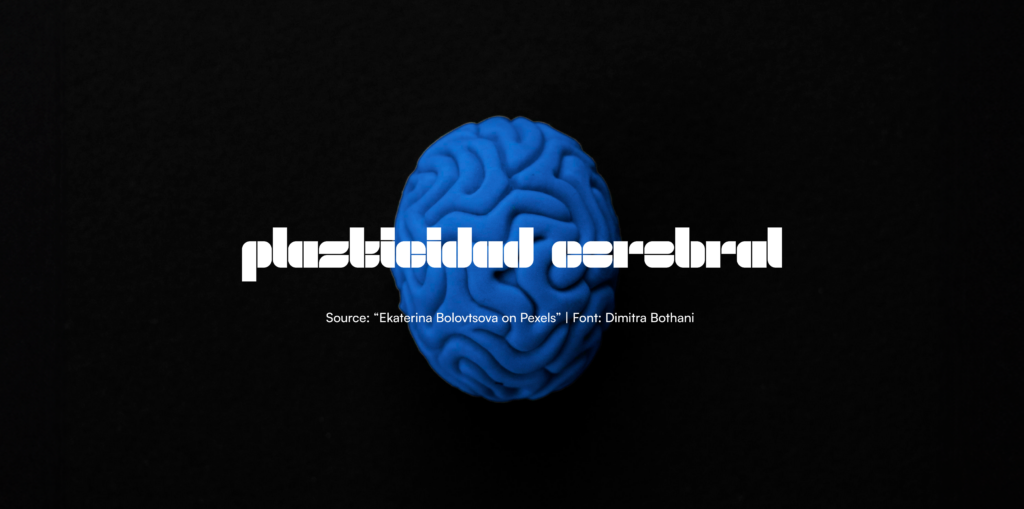What if knowledge does take up space? Our brain, a marvel in constant action, receives, processes, and stores data at an astonishing pace. But how does it handle this daily flood of information? The answer lies in brain plasticity, the incredible ability to adapt, form new connections, and learn without limits.
Brain plasticity not only equips us to change and adapt but also invites us to a continuous learning process. Can you imagine a static brain, incapable of evolving? Plasticity is the key to optimizing our brain’s capacity, encoding what’s essential and discarding the superfluous.
From childhood, our brain is in constant transformation, absorbing knowledge and skills. However, learning has no expiration date! Throughout life, staying exposed to new stimuli remains crucial for our development and personal growth.
But how does our brain manage this torrent of information? Sleep emerges as a crucial ally in this process. During rest, our brain not only recharges but also cleanses and organizes the day’s information. This reinforces important knowledge and eliminates excess, allowing our brain to function optimally.
Have you ever felt like things are clearer after a good night’s sleep? This is thanks to the work of glial cells, the nighttime cleaners that consolidate and refine our neural connections.
And don’t worry about sleeping too much—connection elimination happens simultaneously with the consolidation of learning. Sleep, far from being a cerebral shutdown, is an active period when our brain works tirelessly.
So, we might finally answer the age-old saying: knowledge does indeed take up space. The gigabytes of our mind are not infinite, and neuron regeneration is essential!




